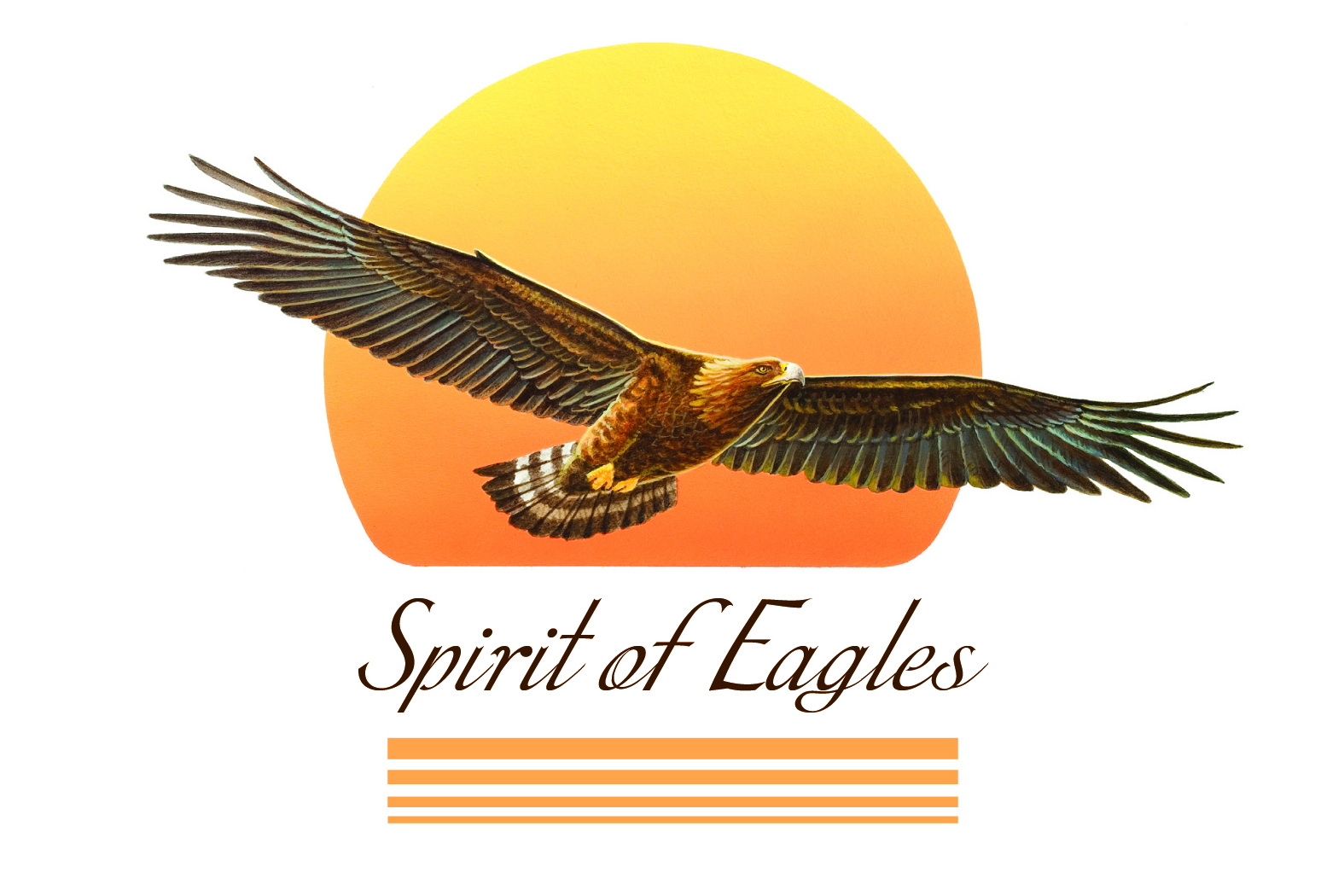Now isn’t that a profound statement! What do I mean? I have been writing, speaking, and coaching around the subject of developing self-awareness for over a decade now. Although reports about the success of coaching show almost a ten-to-one return on investment, coaching hasn’t grown as fast as one would expect considering the excellent bottom-line results coaching produces.
Coaching revenues declined in 2020, almost certainly due to COVID’s impact on the economy, and revenue losses are expected for 2021 and beyond until the post-COVID business environment stabilizes.
I have read in coaching industry publications about a boom in coaching nationally yet coaching remains a small industry. Revenues from consulting (especially tech consulting) is over $400 billion annually, accounting firm revenue totals over $110 billion, and coaching revenue amounts to only $2.5 billion.
It is ironic that coaching is considered a discretionary expense and subject to significant cuts during business downturns, when productivity, employee engagement and employee relations are and have for decades been huge blocks to business expansion and profit growth. Human productivity drives virtually every measurement of efficiency, productivity, and profitability. Technological change, training an increasingly remote workforce and increased training needs for better communication and relationships skills has never been more critical. Coaching has shown to strongly impact all these areas.
Why is coaching lagging as a valued business service? Plenty of research points to the fact that coaching focuses on the need for individual leaders to change and improve their behavior to improve their performance. People, especially leaders, don’t like to be singled out as a problem and the one needing coaching so that their performance improves.
The Hay Group conducted a study from 2016 to 2019 including 60,000 of their clients’ mid and upper-level managers to identify their individual levels of self-awareness leading to leadership success. Self-assessments and assessments by bosses, peers and direct reports were included in the study. The results of the studyrevealed that 73% of mangers/leaders judged themselves as highly self-aware, while their colleagues judged only 15% of them as highly self-aware. The gap in understanding was startling. It shows we don’t know what we don’t know!
It appears that when leaders are making decisions about engaging a coach, most of them don’t have sufficient self-awareness to accurately determine their need for it. Sometimes when a coach is assigned, the leader is resentful and negative about being seen as having the need for a coach.
When a manager/leader is open-minded and positive about the benefit of being coached, great leaps in ability are most often the result. That is because a single discovery can make all the difference for a person, and during a coaching engagement, numerous discoveries are made that totally transform the attitude and abilities of the leader.
When a manager/leader builds self-awareness, skills such as better communications, decision-making and problem-solving (wisdom), improved relationships (patience), greater trust and influence, creativity, respect, and optimism all grow. Performance and productivity skyrocket.
Our online course, 4 Steps to Freedom, Happiness, Confidence and Self-discovery can be the move that transforms your career and your personal life as well. Click <here> to enroll in our course today. You will never look back.
Tom Searcy BCC
www.OneSingleDiscovery.com
574-850-9912


Recent Comments